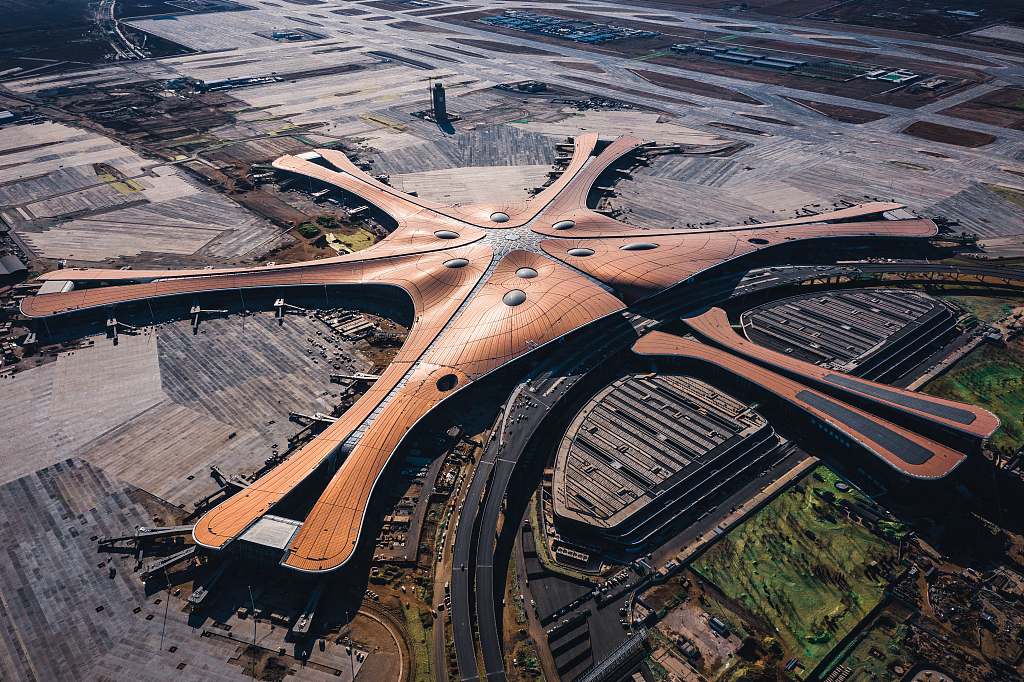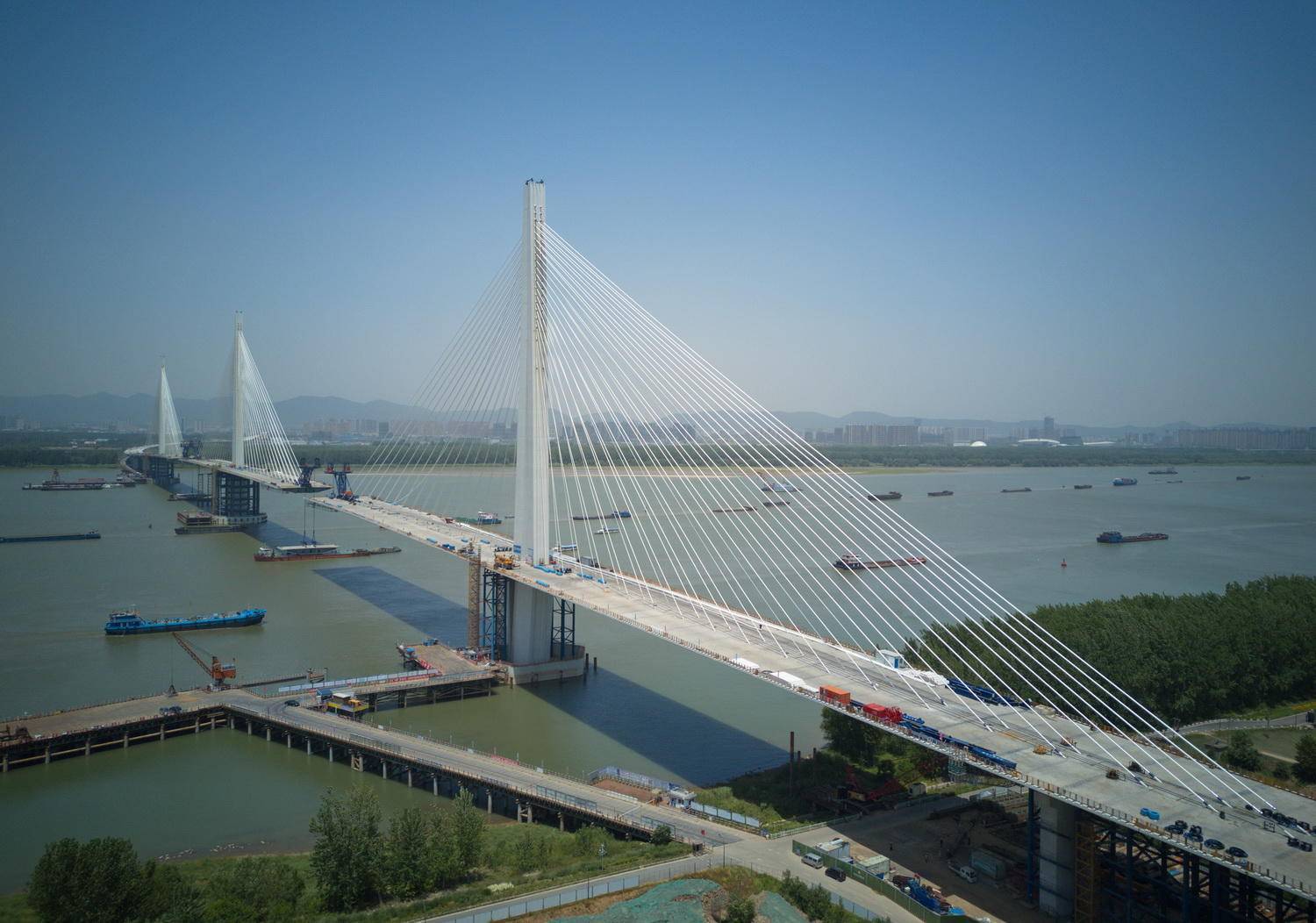Concrete is one of the most widely used materials in construction, but it has a major drawback: it is weak in tension and prone to cracking. To overcome this problem, concrete structures are usually reinforced with steel bars, which provide tensile strength and ductility. However, steel bars also have some disadvantages: they are heavy, expensive, corrosive and conductive.
That’s why a new material has emerged as a better alternative for concrete reinforcement: FRP rebar. FRP stands for Fiberglass Reinforced Polymer, which is a composite material made of fiberglass roving and resin. FRP rebar has many advantages over steel rebar, such as:
- Higher tensile strength: FRP rebar can withstand up to twice the stress of steel rebar without breaking.
- Lighter weight: FRP rebar is up to seven times lighter than steel rebar, which reduces labor costs and transportation costs.
- Non-corrosive: FRP rebar does not rust or deteriorate when exposed to water, chemicals or salt spray, which extends the service life of concrete structures.
- Non-conductive: FRP rebar does not interfere with electromagnetic signals or cause electrochemical reactions with concrete or other metals.
In this blog post, we will show you some examples of real construction projects in China that have used FRP rebar successfully and demonstrate how it can improve the performance and durability of concrete structures.
Nanjing Yangtze River Bridge

The Nanjing Yangtze River Bridge is a double-decked road-rail bridge that crosses the Yangtze River in Nanjing, Jiangsu Province. It was built in 1968 and was the first bridge designed and constructed by Chinese engineers without foreign assistance. However, after decades of service, the bridge suffered from severe corrosion and fatigue damage due to salt spray and vehicle load.
In 2016, a major renovation project was launched to repair and upgrade the bridge. One of the key innovations was to use FRP rebar for the deck slab of the main bridge instead of steel rebar. This decision was based on several considerations:
- The deck slab was exposed to harsh environmental conditions such as high humidity, temperature fluctuations and deicing salts.
- The deck slab had limited space for reinforcement due to its thin thickness (18 cm) and complex geometry (curved sections).
- The deck slab needed to reduce its weight to increase its load-bearing capacity and reduce its impact on the bridge structure.
The use of FRP rebar solved these problems effectively. According to tests conducted by Nanjing University of Technology, FRP rebar showed superior corrosion resistance compared to steel rebar under simulated salt spray conditions. Moreover, FRP rebar reduced the weight of the deck slab by about 25% compared to steel rebar. This resulted in improved structural performance and durability of the bridge.
Beijing Daxing International Airport

The Beijing Daxing International Airport is a new mega-airport that opened in 2019 in Beijing. It covers an area of 47 square kilometers and has a terminal building that spans 700 thousand square meters. It is designed to handle up to 100 million passengers per year by 2040.
One of the challenges faced by the airport construction was how to ensure the stability and safety of its foundation piles under high groundwater pressure and soil settlement. To address this issue,the airport adopted an innovative solution: using FRP rebar for its foundation piles instead of steel rebar.
The use of FRP rebar had several benefits for the airport project:
- The use of FRP rebar reduced the weight of each pile by about 40% compared to steel rebar, which saved material costs and transportation costs.
- The use of FRP rebar increased the durability of each pile by preventing corrosion from groundwater infiltration, which extended their service life.
- The use of FRP rebar enhanced the safety of each pile by avoiding electrical hazards caused by lightning strikes or stray currents, which protected workers and equipment.
The airport project demonstrated how FRP rebar can improve the quality and efficiency of foundation engineering in large-scale infrastructure projects.


